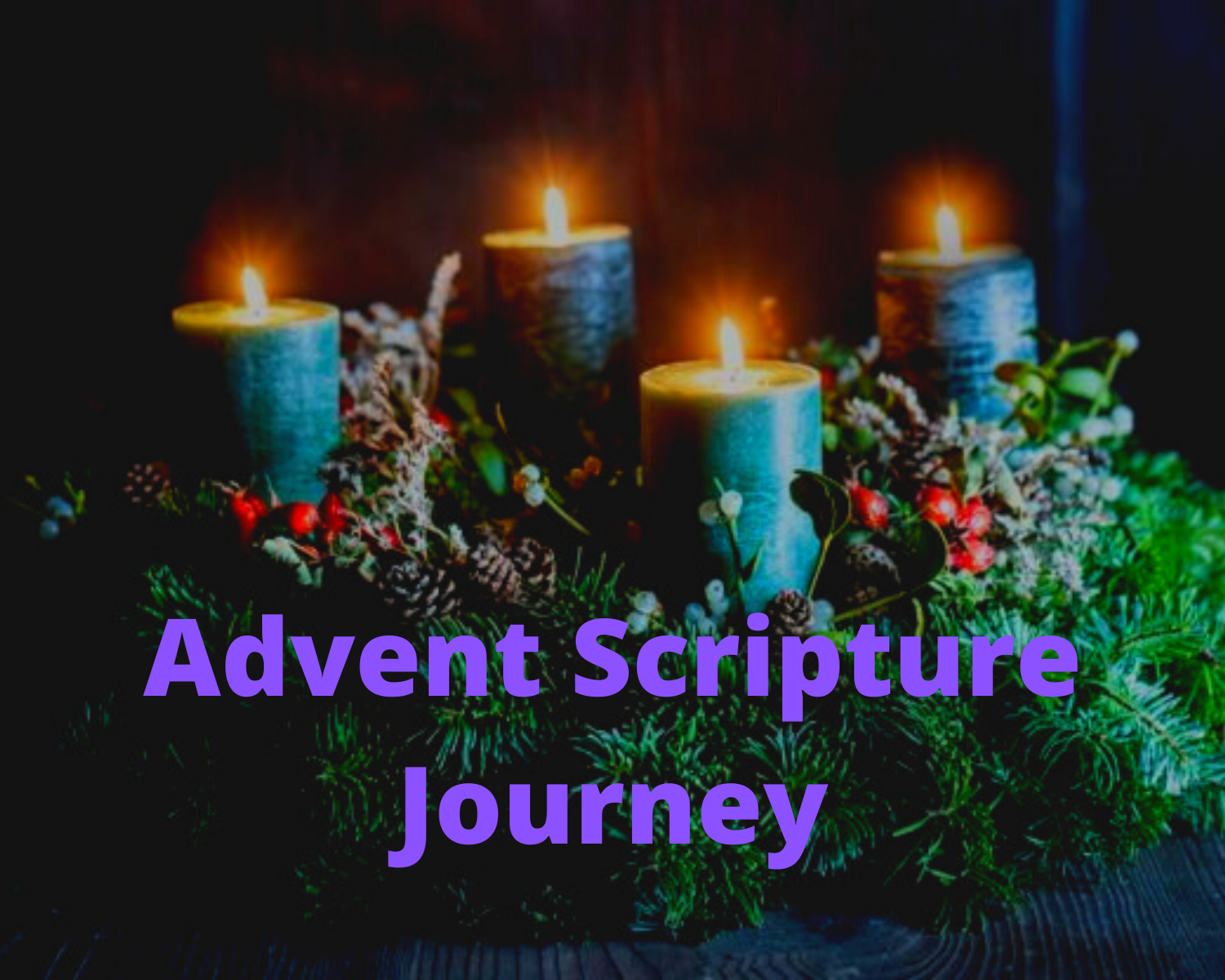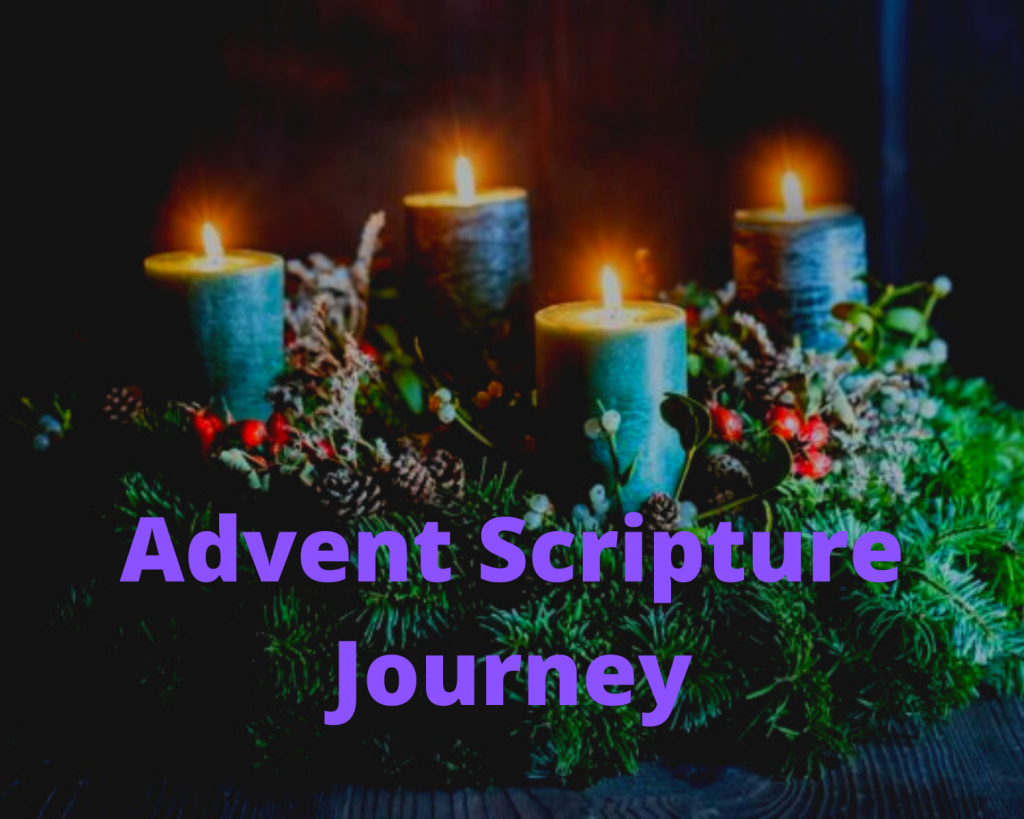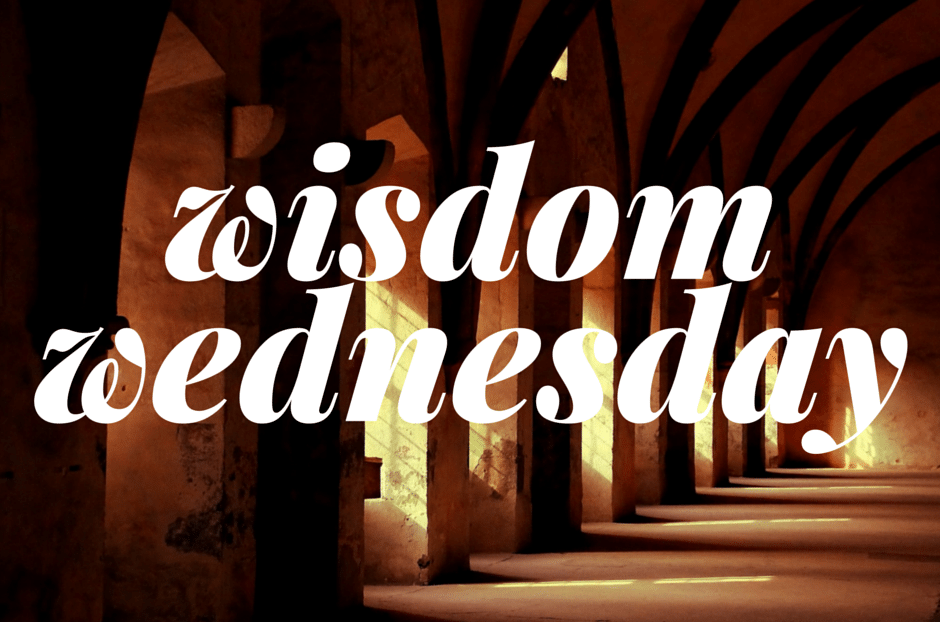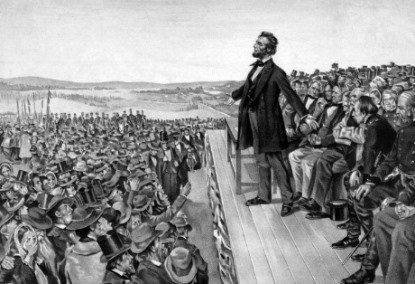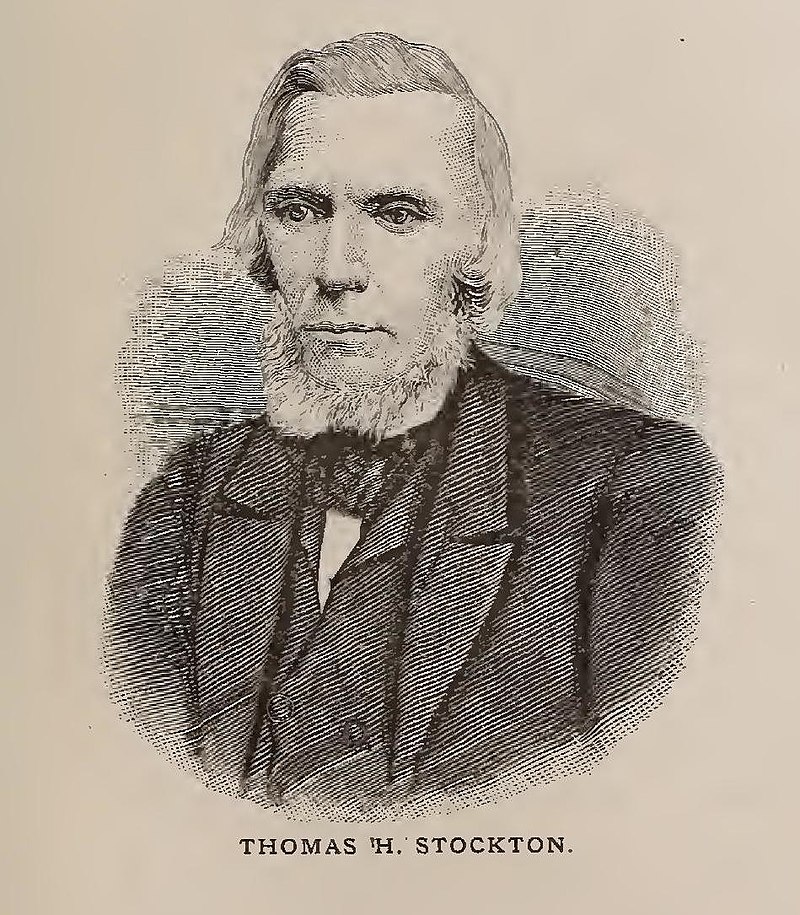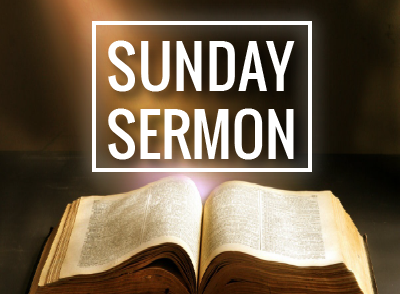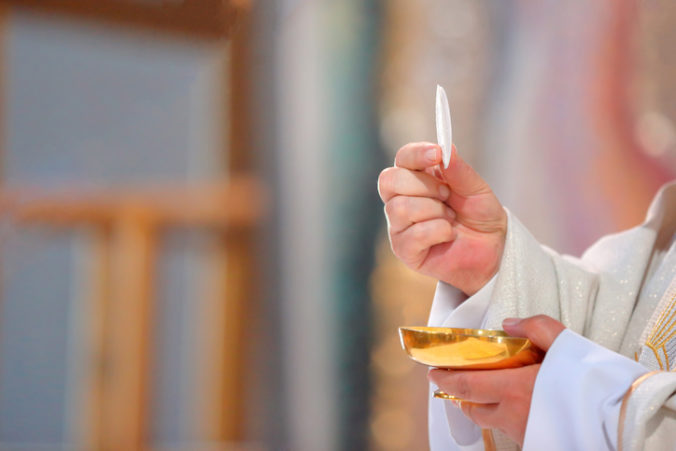Prayer at the
DEDICATION OF THE NATIONAL CEMETERY AT GETTYSBURG
by Reverend Thomas H. Stockton,
Chaplain of the House of Representatives
Thursday, November 19, 1863
O God our Father, for the sake of Thy Son our Savior, inspire
us with Thy Spirit and sanctify us to the right fulfillment of the duties of
this occasion.
We come to dedicate this new historic center as a National
Cemetery. If all departments of the one
Government which Thou had ordained over our Union, and of the many Governments
which Thou hast subordinated to our Union, be here represented; if all classes,
relations, and interests of our blended brotherhood of people stand severally
and thoroughly apparent in Thy presence; we trust that it is because Thou hast
called us, that Thy blessing awaits us, and that Thy designs may be embodied in
practical results of incalculable and imperishable good.
And so, with Thy holy Apostle, and with the Church of all
lands and ages; we unite in the inscription: ‐ “Blessed be God, even the Father
of our Lord Jesus Christ, the Father of mercies, and the God of all comfort,
who comforteth us in all our tribulations, that we may be able to comfort them
which are in any trouble, by the comfort wherewith we ourselves are comforted
of God.”
In emulations of all angels, in fellowship with all saints,
and in sympathy with all sufferers; in remembrance of Thy works, in reverence
of Thy ways, and in accordance with Thy word; we laud and magnify Thine
infinite perfections, Thy creative glory, Thy redeeming grace, Thy providential
goodness, and the progressively richer and fairer developments of Thy supreme,
universal, and everlasting administration.
In behalf of all humanity, whose ideal is divine, whose
first memory is Thine image lost, and whose last hope is Thine image restored;
and especially of our own nation, whose history has been so favored, whose
position is so peerless, whose mission is so sublime, and whose future is so
attractive; we thank Thee for the unspeakable patience of Thy compassion and
the exceeding greatness of Thy loving kindness.
In contemplation of Eden, Calvary, and Heaven; of Christ in the Garden,
on the Cross, and on the Throne; say more of Christ as coming again in all
subduing power and glory; we gratefully prolong our homage. By this Alter o Sacrifice, on this Field of
Deliverance, on this Mount of Salvation, within the fiery and bloody line of
these “munitions of rock,” looking back to the dark days of fear and trembling,
and to the rapture of relief that came after; we multiply our thanksgivings,
and confess our obligations to renew and perfect our personal and social
consecration to Thy service and glory.
O, had it not been for God!
For lo! Our enemies – they came unresisted, multitudinous, mighty,
flushed with victory, and sure of success.
They exulted on our mountains, they reveled in our valleys,; they feasted,
they rested; they slept, they awaked; they
grew stronger, prouder, bolder every day; they spread abroad, they concentrated
here; they looked beyond this horizon to the stores of wealth, to the haunts of
pleasure, and to the seats of power, in our Capital and chief Cities. They prepared to cast the chain of Slavery
around the form of Freedom, binding life and death together forever. Their premature triumph was the mockery of
God and man. One more victory; and all
was theirs! But, behind these hills was
heard the feebler march of a smaller but still pursuing host. Onward they hurried, day and night, for God
and their country. Foot‐sore, way‐worn, hungry,
thirsty, faint – but not in heart, they came to dare all to bear all, and to do
all, that is possible to heroes. And
Thou didst sustain them! At first they
met the blast on the plain, and bent before it, like the trees in a storm. But then, led by Thy hand to these hills,
they took their stand upon the rocks and remained as firm and immovable as
they. In vain were they assaulted. All art, all violence, all desperation, failed
to dislodge them. Baffled, bruised,
broken, their enemies recoiled, retired, and disappeared. Glory to God, for this rescue! But, O, the slain! In the freshness and fullness of their young
and manly life; with each sweet memories of father and mother, brother and sister,
wife and children, maiden and friends; they died for us. From the coasts beneath the Eastern star,
from the shores of Northern lakes and rivers, from the flower of Western prairies,
and from the homes of the Midway, and the Border, they came here to die for us
and for mankind. Alas, how little we can
do for them! We came with the humility
of prayer, with the pathetic eloquence of venerable wisdom, with the tender
beauty of poetry, with the plaintive harmony of music, with the honest tribute
of our Chief Magistrate, and with all this honorable attendance: but our best
hope is in Thy blessing. O, Lord, our
God! O, Father, bless us! Bless the
bereaved, whether present, or absent; bless our sick and wounded soldiers and
sailors; bless all our rulers and people; bless our army and navy; bless the
efforts of the suppression of the rebellion; and bless all the associations of
this day; and place, and scene, forever.
As the trees are not dead, though their foliage is gone, so our heroes
are not dead, though their forms have fallen.
In their proper personality, they are all with Thee. And the spirit of their example is here. It fills the air, it fills our hearts. And, long as time shall last, it will hover
in the skies, and rest on this landscape; and the pilgrims of our own land, and
from all lands, will thrill with its inspiration and increase and confirm their
devotion to liberty, religion and God.
Our Father, who art in heaven, hallowed be Thy
name. Thy kingdom come. Thy will be done on earth as it is in
heaven. Give us this day our daily
bread, and forgive us our debts, as we forgive our debtors. Lead us not into
temptation, but deliver us from evil; for Thine is the kingdom, the power, and
the glory, forever. Amen.




